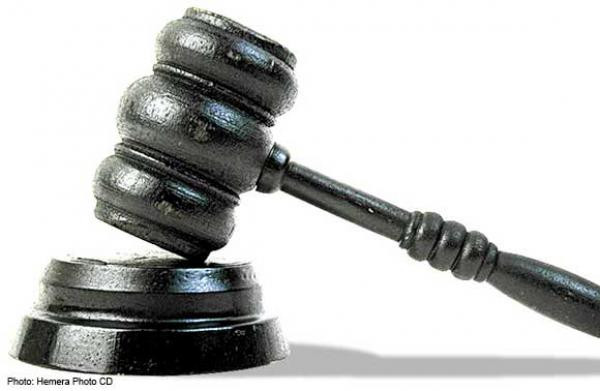Court orders CEO to pay up $1.8m debt owed to bank

The chief executive of an investment holding company who is locked in multi-million dollar lawsuits, has been ordered by the High Court to pay up a $1.83 million debt owed to a bank.
Ms Quah Su-ling, executive director of Ipco International for more than a decade, failed in her appeal to rescind the summary judgment against her sought by the Bank of East Asia for monies owed from a share margin facility. Ms Quah had also appealed to put the proceedings on hold.
Justice Choo Han Teck said "there was truly no defence in this case". The debt was not in dispute and it was viable for both sides to negotiate a payment plan.
"I do not see how a stay of proceedings can be justified in the face of a clear and unpaid debt," he added in judgment grounds released on Monday.
He ruled that what Ms Quah should have done is to have applied for a stay of execution of the judgment against her. He gave her one week to do so.
Her lawyer Michael Palmer had argued for the stay of proceedings in the wake of her lawsuits with global investment management firm Goldman Sachs in London and Interactive Brokers LLC, an online trading company.
Mr Palmer said she was in a difficult financial position and faced potential bankruptcy if the bank forced her to pay.
Ms Quah had appealed to the High Court after she failed to get assistant registrar Melissa Mak to agree to put on hold the bank's demand for payment.
Instead, Ms Mak issued a summary judgment against her as sought by the bank represented by lawyer Rebecca Chew. It meant she had to pay the bank without the matter going for trial.
Ms Quah's woes began last year with the plunge in the share prices of three listed companies: Asiasons Capital, LionGold Corp and Blumont Group.
She had invested up to $120 million in their shares.
She claimed Goldman Sachs gave her 11/2 hours last October to repay $61 million, which is the margin call on her trades in the companies.
A margin is what an investor deposits as security so that when the account value drops below a given level, the broker would ask for more funds or sell some of the investor's assets to offset the fall.
When Ms Quah failed to do it, Goldman Sachs began to sell her shares in the companies that it had in hand as collateral. Interactive Brokers made a similar margin call around the same time.
Ms Quah sued Goldman Sachs in London and it has counterclaimed an alleged $71 million owed from the trades.
Interactive Brokers obtained a temporary freezing order in Singapore against her last November for up to $10.1 million of her assets.
She has denied both claims.
Mr Palmer, in his arguments, said it would be "unconscionable" for the bank to demand payment, knowing her assets were frozen.
vijayan@sph.com.sg

Get a copy of The Straits Times or go to straitstimes.com for more stories.